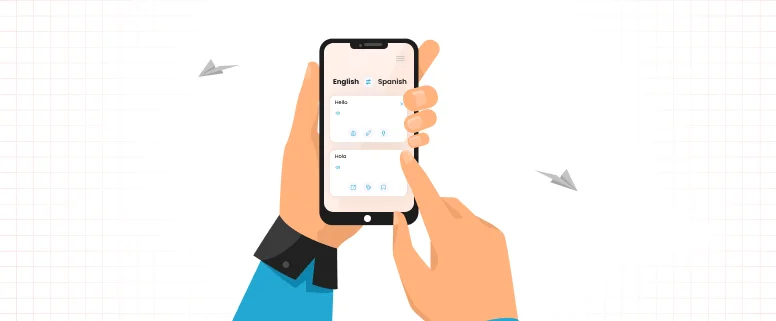Each and every cultural group on earth has a concept of numbers, and all languages have some numerical forms. Numbers, unlike language, are concrete and closely tied in with the idea of measurement.
In addition, numbers are associated with philosophical notions, historical events, or happenings good and bad. In this way, numbers themselves become a part of the culture of a society.
More than a symbol of measurement, they are also a symbol of myth. People over the ages have firmly believed that numbers carry with them some kind of supernatural power; some bring good luck and fortune, and others bad luck and disaster.
In turn, some numbers are preferred and some distrusted, and some are even worshipped or prohibited. Since this is a culturally specific phenomenon, different cultures all have their own all have their own idea about numbers.
Read Also: Numbers Translation Ⅱ
Number culture is an important part of Chinese culture. As influenced by the Theory of Yin Yang and the Five Elements, in the past Chinese divided the digits from 1 to 9 into two groups.
Odd numbers of 1,3,5,7,9 belonged to Yang(masculine)and the even numbers of 2,4,6,8 belonged to Yin, Just like heaven and earth, masculine and feminine, husband and wife, odd and even numbers were seem as two opposing and complementary principles.
Overall, Chinese culture is more biased toward even numbers, though they do not dislike odd numbers. This is because o f a preference for symmetry, harmony, peace and stability.
One is the smallest natural number. In Chinese history, this number has been highly regarded and taken as both the beginning of all numbers and the origin of all things. The Taoist sage Lao Zi noted that “Tao begets one, one begets two, two begets three, and three begets all things”.
A great philosopher know as Zhu Xi believed that things are created by the division of one into two, two into four, and four into eight. The character for one has been combined with other character to create many words. In Chinese there are at least 260 characters and at least 420 idioms beginning with the character for one.
As a favorite number, one has been given different meaning in addition to its measurement function. One means devotion or wholeheartedness in idioms such as 一心一意,一心向往,一往无前.
In idioms or saying such as 一刻千金, 一针一线, 一草一木,one means every and each one. In 一身是胆, 一天星斗,it means full, or all over. There are many more fixed expressions such as一丝不苟,一掷千金, 一言九鼎, 一笑置之,etc…The importance of one is easily seen.
The number three is regarded as a lucky number in both the west and east. Pythagoras, the Greek philosopher and mathematician, believed the number three expressed perfection.
The ancient Egyptians thought the number three as representing father, mother and son. Christians believe that God is the trinity of the Father, Son and Holy Spirit. Likewise Chinese Taoism regards the Jade Pure, the Upper Pure and the Great Pure as the Three Pure Ones.
This trinity represents the three divine natures of all living beings. The Records of the Historian by Sima Qian described that “Numbers begin at one, terminate at ten, and are fulfilled at three.”
In Zhou Yi or The Book of Changes, there are 64 hexagrams. Each hexagram has variables, with the 9 horizontal variables symbolizing Yang and the 6 horizontal variables symbolizing Yin.
Both are multiples of the number three. Further examples of the esteem in which Chinese people hold the number three lie in many principles, expressions and institutions formed with three.
Some of these include: the three virtuous emperors of ancient China(Fuxi Shi, Suiren Shi, Shennong Shi), the three lights of nature(the sun, the moon, the stars), the three religious schools(Confucianism, Buddhism, Taoism), the three ritual sacrifices(ox, sheep, pig), the three cardinal guides of the ethical pedagogy (ruler guides subject, father guides son, husband guides wife), the three strong plants resisting winter cold (pine, bamboo, plum tree), the first, second and third phase of the “dog days” of summer, the three lives of Buddhism(the former life, the current life and the future life), the three elements of the cosmos (heaven, earth and human beings), etc… Words or expressions with the character for three include 三个臭皮匠赛过诸葛亮, 三思而后行,三教九流,三长两短,etc…








